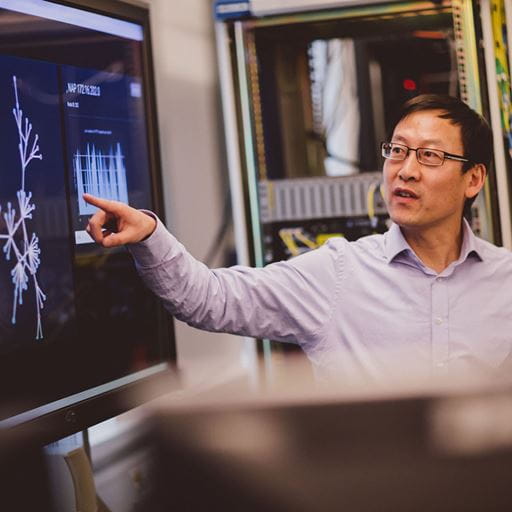As well as providing a law clinic on campus, Essex Law Clinic takes law into the community by targeting its service to local areas of deprivation where clients face considerable problems in accessing advice due to cost and other barriers.
Students advise in churches, schools and charities in areas of law, such as family and housing, where clients can be vulnerable and issues, challenging. Due to this, students, who are intensively trained, gain a valuable insight into the importance of law, access to justice and the crucial lifeline that pro-bono legal advice provides to so many.
Students who volunteer in the Clinic are encouraged to reflect in writing on their experiences and supervisors engage in a dialogue them on this reflection whereas reflection is built into two clinical modules in which students embed their case experience into a programme of learning about legal practice.




